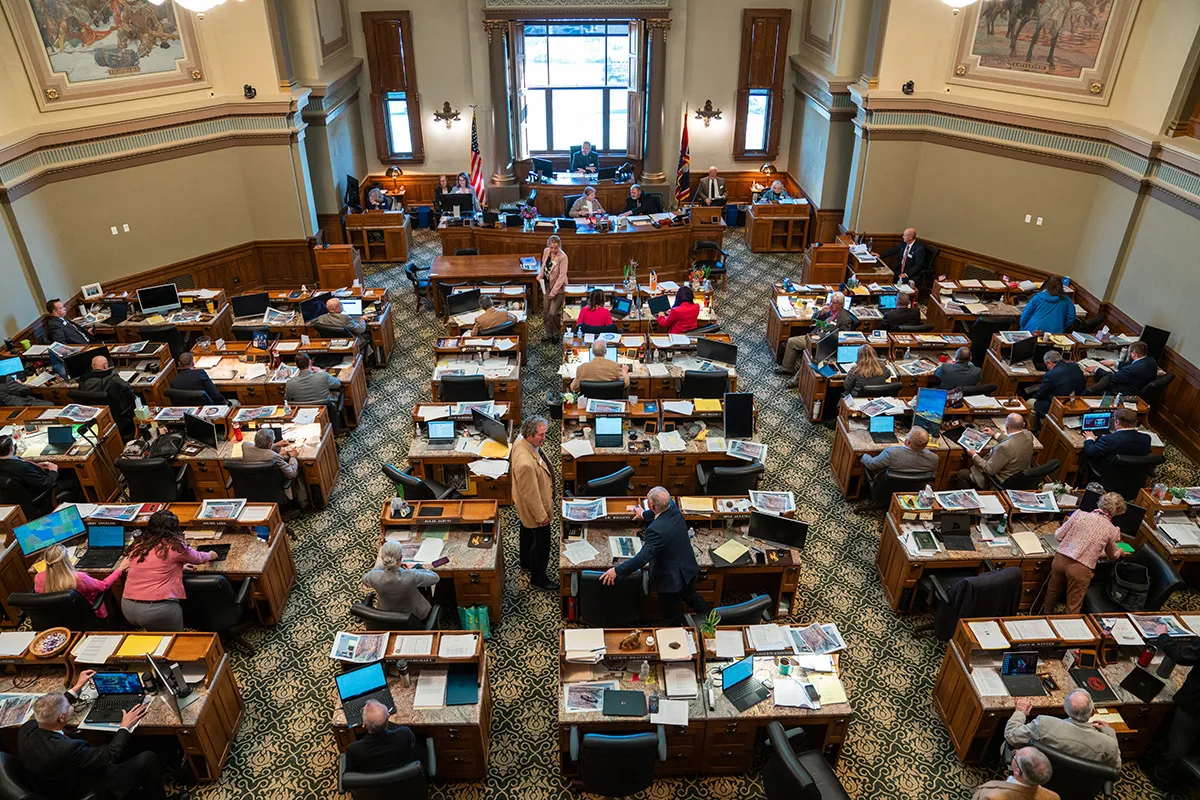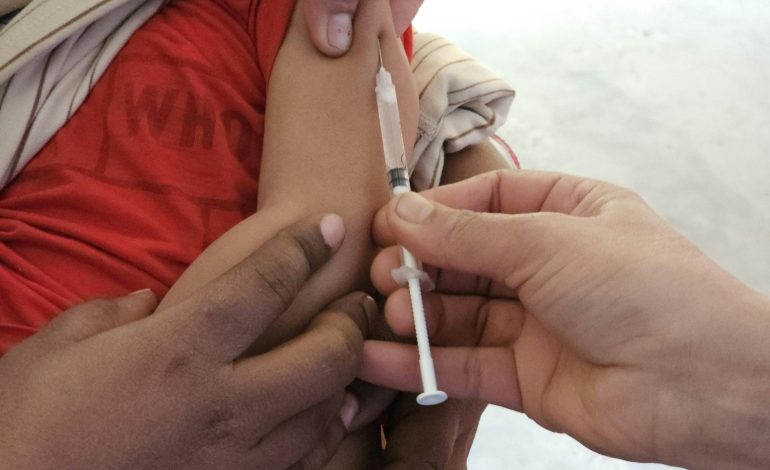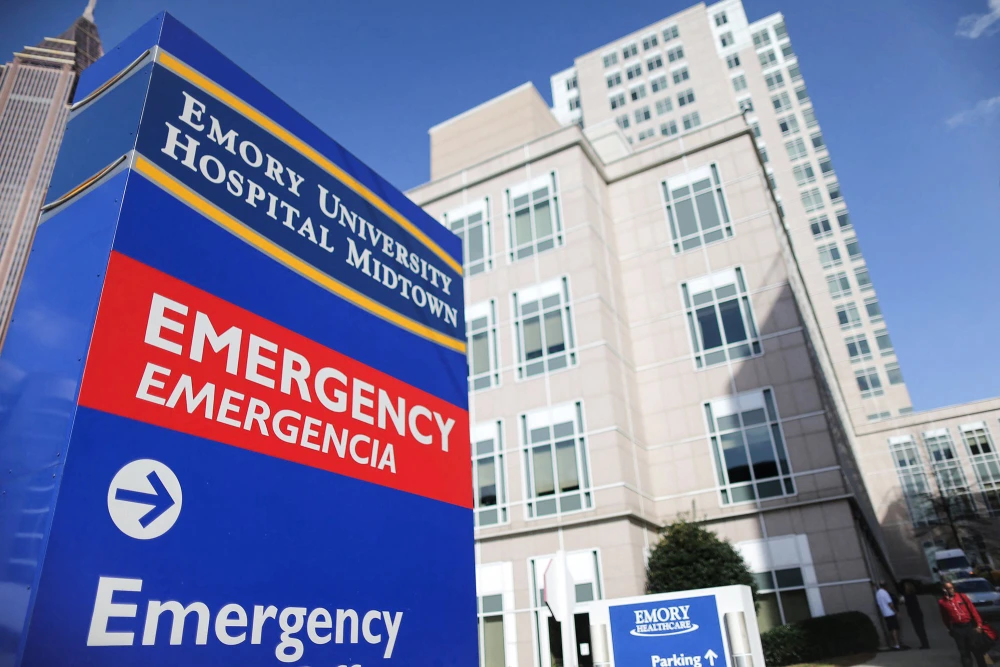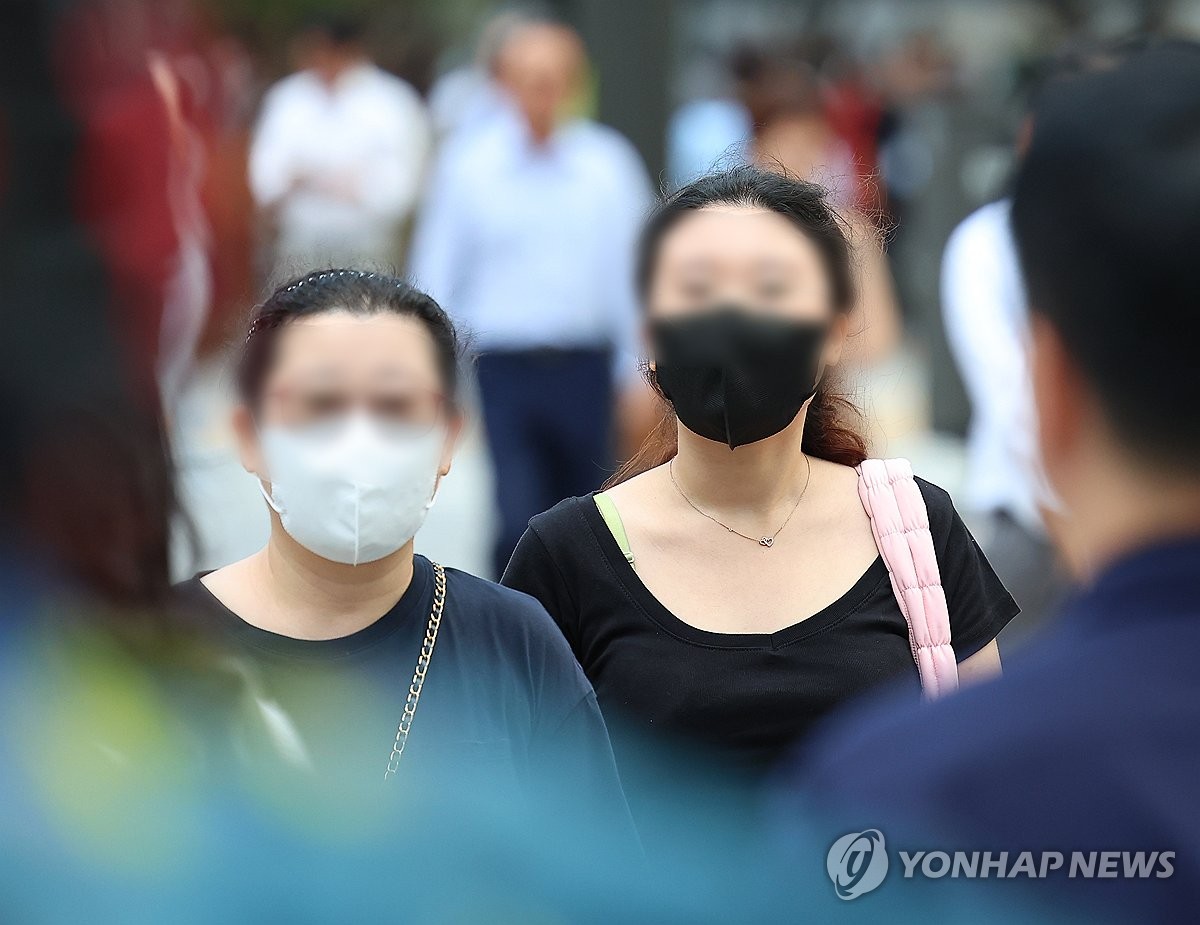Wyoming is seeing its first measles outbreak in more than a decade, and state health officials are sounding the alarm.
As of August 2, the Wyoming Department of Health (WDH) has confirmed seven measles cases — the first seen in the state since 2010 — with infections reported in Natrona, Niobrara, and Carbon counties.
It all began on July 1, when an unvaccinated child in Natrona County tested positive for measles. The source of their exposure remains unknown.
Just 10 days later, on July 11, another unvaccinated child in Niobrara County was diagnosed. According to WDH, there’s no link between the two cases — a sign that measles might be spreading silently.
Then, in late July, things escalated. An unvaccinated adult in Carbon County tested positive on July 22, and by August 2, four more cases (both kids and adults) had popped up in the same area. Of those four, three were unvaccinated, and one was immunocompromised despite being vaccinated.
So far, none of the patients have been hospitalized.
WDH says it’s working closely with local hospitals and Environmental Health and Safety Services to trace exposures and notify anyone who might’ve come into contact with the virus.
“We’re asking people who may have been exposed to watch for symptoms for 21 days and avoid crowded places or high-risk settings like daycare centers,” said State Epidemiologist Clay Van Houten.
Measles is extremely contagious — the virus can linger in the air for up to two hours after an infected person leaves the room. It spreads through coughs, sneezes, and even contaminated surfaces.
Symptoms usually start 7 to 14 days after exposure and include:
- Fever
- Cough
- Runny nose
- Red or watery eyes
- A rash that starts on the face and spreads down the body
If you or your child has any of these symptoms, the WDH says to call your healthcare provider first — don’t just show up at a clinic, since that could spread the virus to others.
While measles might sound like a childhood illness from the past, it can be very serious — especially for:
- Babies too young to be vaccinated
- Pregnant women
- People with weak immune systems
In severe cases, measles can lead to pneumonia, brain swelling (encephalitis), hospitalization, or even death.
The best way to avoid measles? Vaccination.
The MMR (measles, mumps, rubella) vaccine is safe, effective, and offers long-lasting protection.
“We’re really encouraging everyone to double-check that their MMR shots are up to date — for themselves and their kids,” WDH said in a statement.
You can find more information — including what to do if you think you’ve been exposed — on the Wyoming Department of Health’s website. Officials say they’ll continue updating case numbers and posting any known exposure locations as they learn more.
The original story by Leigh Reagan Smith for Buckrail.










The latest news in your social feeds
Subscribe to our social media platforms to stay tuned